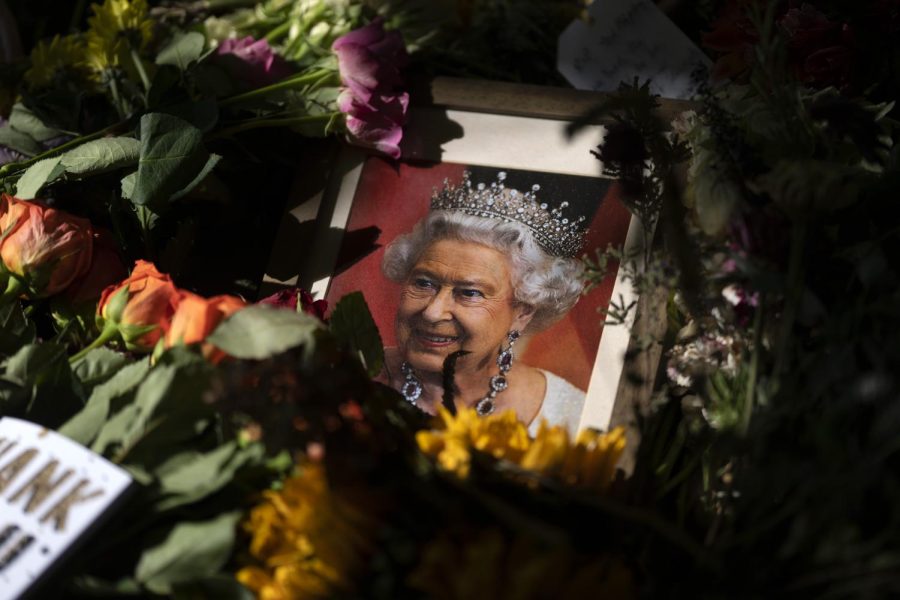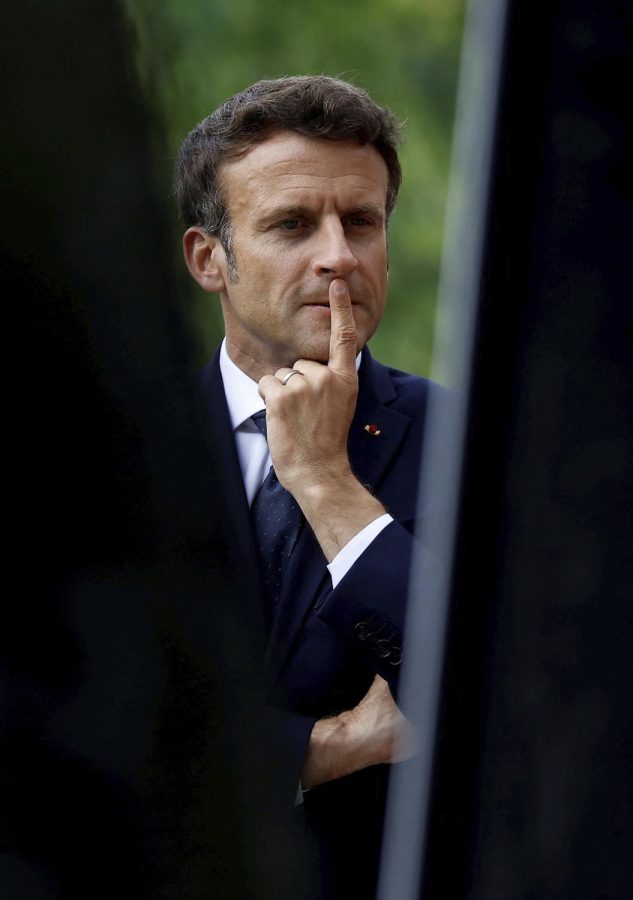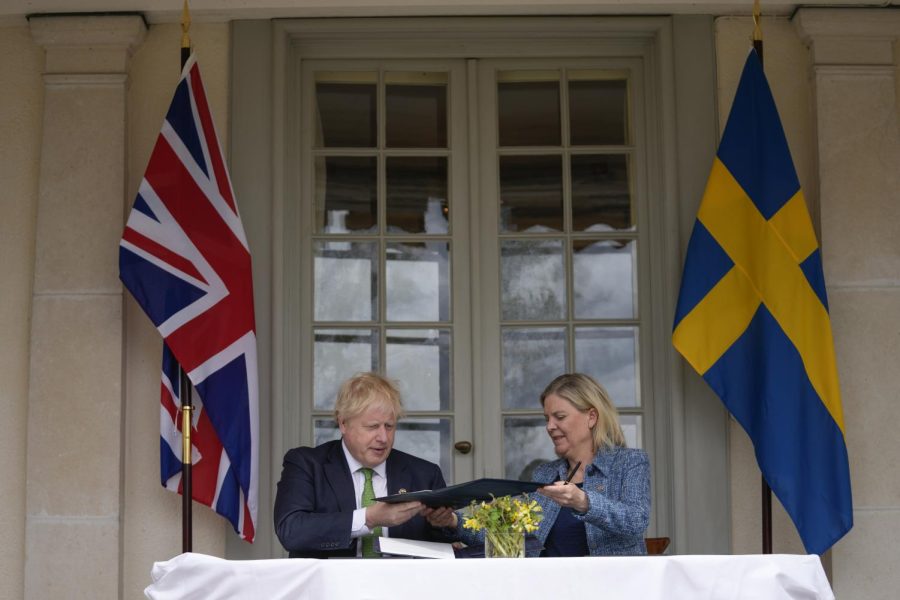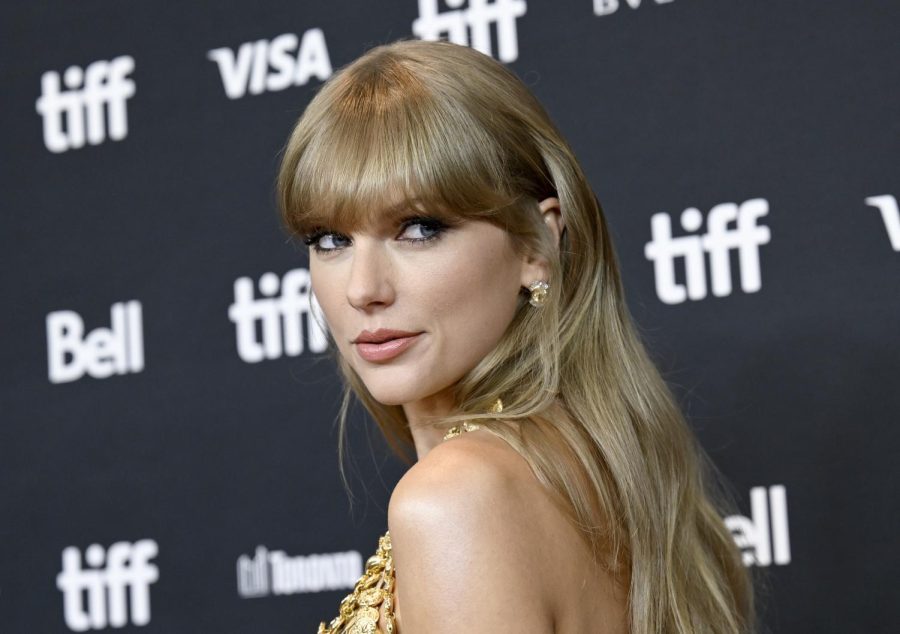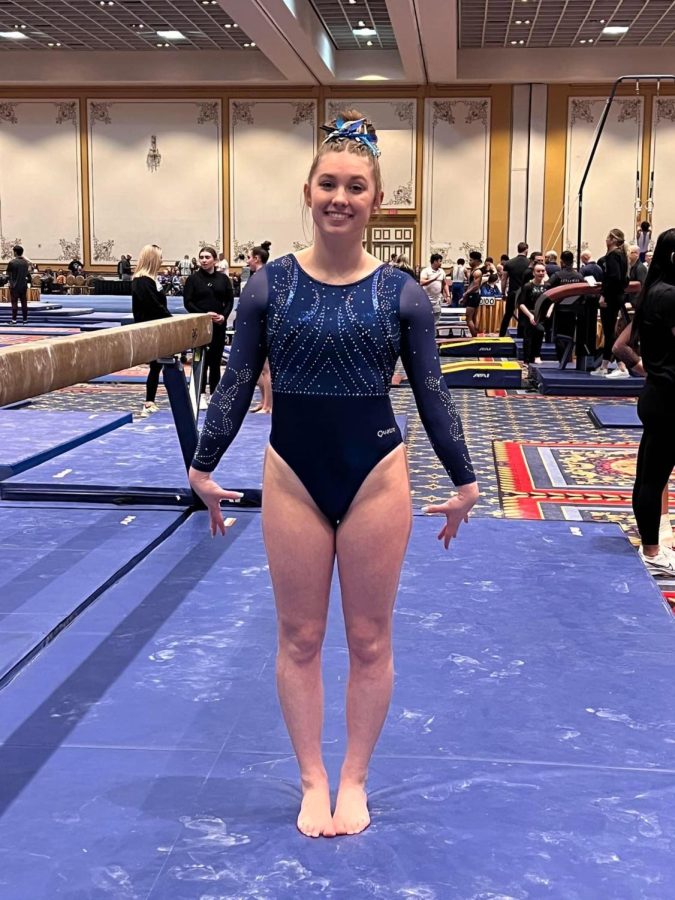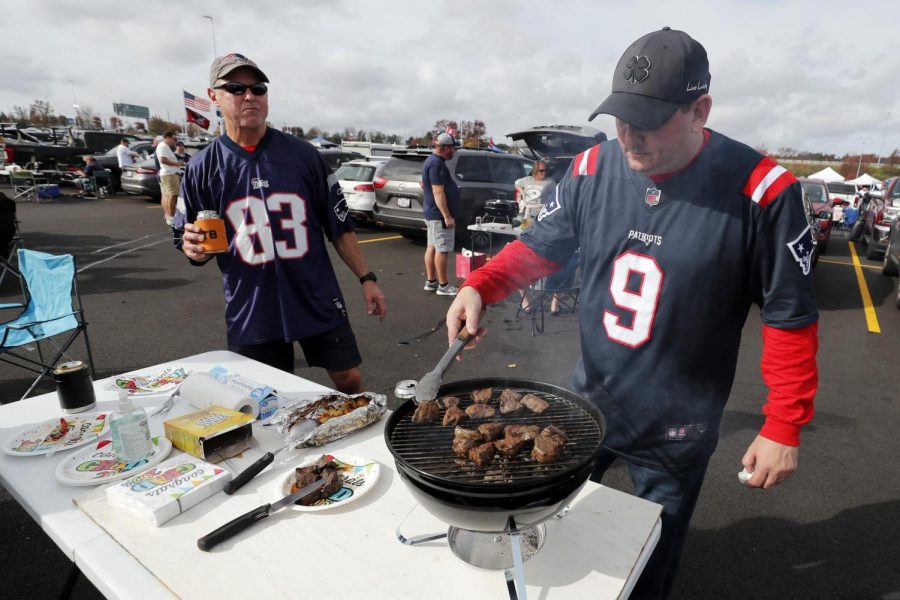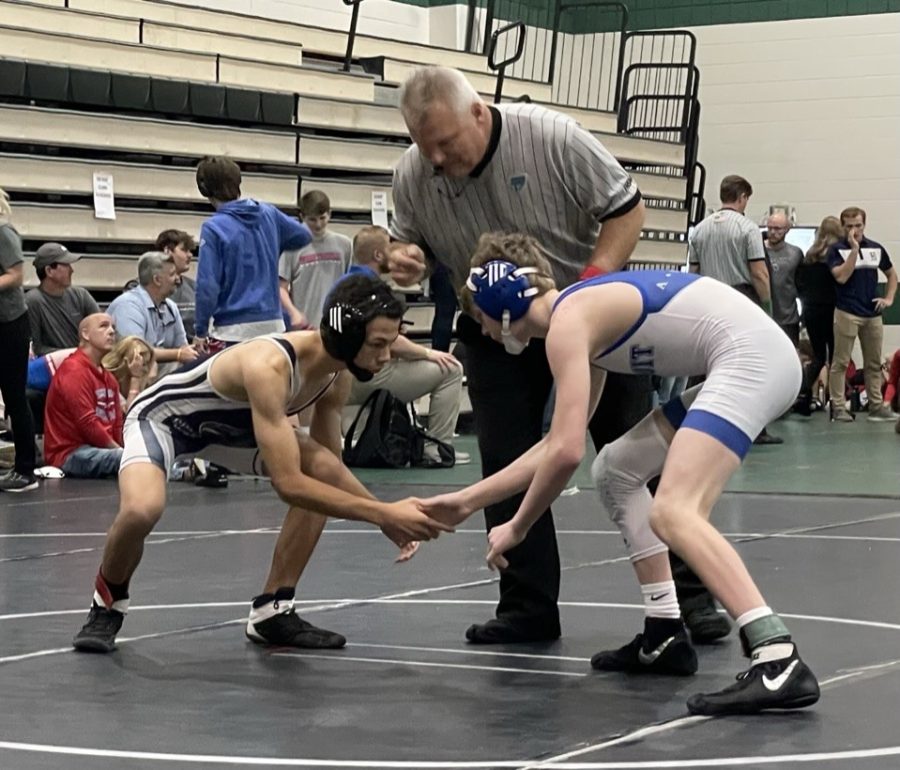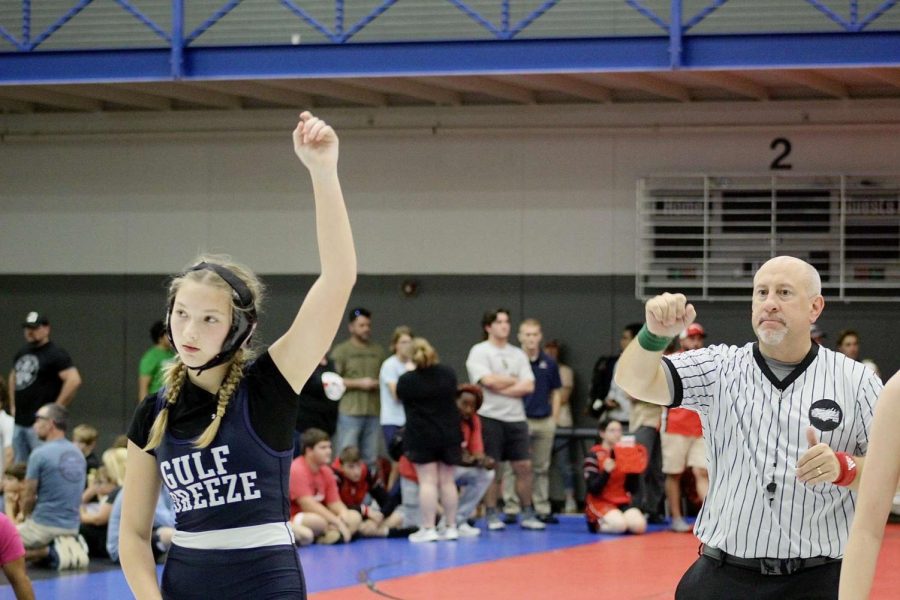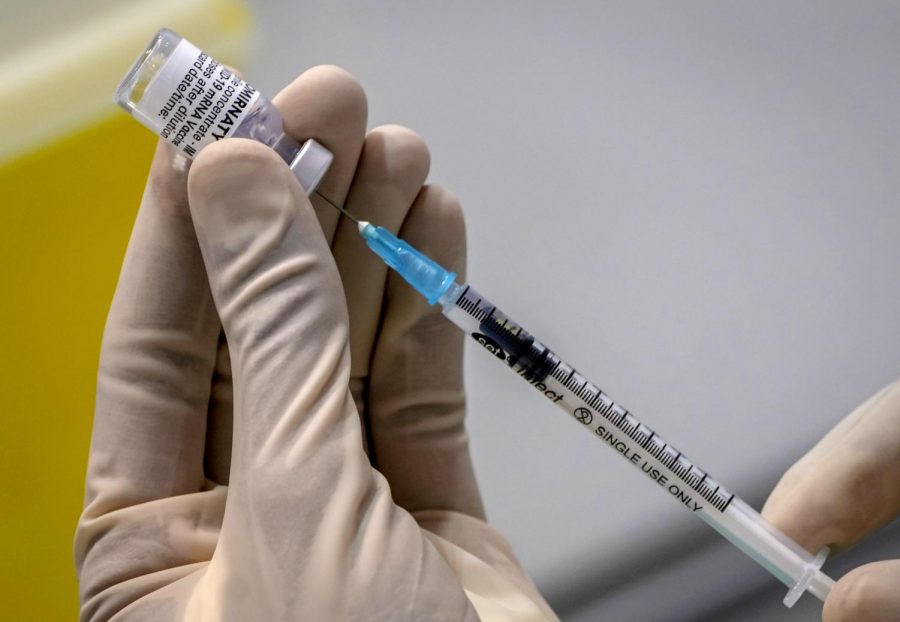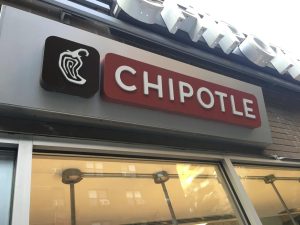Officials Call for a Third Dose
AP Images/Michael Probst
After months of research, officials across the globe are calling for everyone to receive a third dose of the COVID-19 vaccine
November 19, 2021
The Biden Administration is pushing for COVID-19 vaccine booster shots to enable further protection against the raging delta variant, but American citizens are split on whether to receive a booster shot or not.
As more vaccine brands begin to open the requirements, a growing number of consumers consider receiving a third dose, while some still prefer to have none. The Pfizer-BioNTech COVID-19 vaccination is 6% less efficient every two months after the second shot – boosters intend to fix that, raising protection against infection back up to 95% efficiency.
Dr. Ashish Jha, dean of the Brown Universi-ty School of Public Health, weighs in on this debate. “I think people who are vulnerable, people who are older, people with chronic diseases, immunocompromised, they would benefit from a third shot,” Jha said in a CBS in-terview. “I think it is necessary for that group. For young and healthy people, I am far less convinced that we need a third shot.”
A third vaccination shot is not without merit, though; data strongly shows public health ben-efits that result from more adults receiving the booster. The problem, though, is the number of Americans that still are to be vaccinated at all.
Additional doses of the vaccine account for approximately 26% of doses administered. 27% of U.S. citizens are yet to be vaccinated at all, including 4.5 million Floridian adults. Wyoming has the highest unvaccinated rate compared to the other 49 states, with 45% of adults that have not received a first dose.
The protections aren’t evenly covered either. Different states house wildly different political and religious beliefs, vaccinations were unevenly rolled out, and many don’t take other precautionary steps to prevent infections (such as wearing masks and washing hands).
A study in Israel highlighted efficiency of the booster shot, stating that those who received a booster shot had infection rates 11 times lower than those who did not receive a booster. This only shows short-term effects of the booster shot; long term is still only theoretical.
Americans are still split among themselves regarding the choice to get vaccinated a third time. 77% of vaccinated adults are willing to receive a third dose if it was recommended to them, 12% are unsure, and 5% don’t intend to. Those who are not worried about the delta variant are 33% less likely to get a booster shot.
While this means that three-fourths of vaccinated adults are willing to receive a booster, it also means that approximately 56% of all adults would be willing to get a booster at all – almost right down the middle.
A further complication isn’t just the split decision among civilians of whether to receive a booster; health experts are yet to reach a majority-rules statement.
A group of 18 vaccine experts, which includes two FDA scientists, argued that two doses of the vaccine is sufficient in fighting the virus. On the other side, World Health Organization Director-General Tedros Adhanom called for a moratorium on booster doses.



